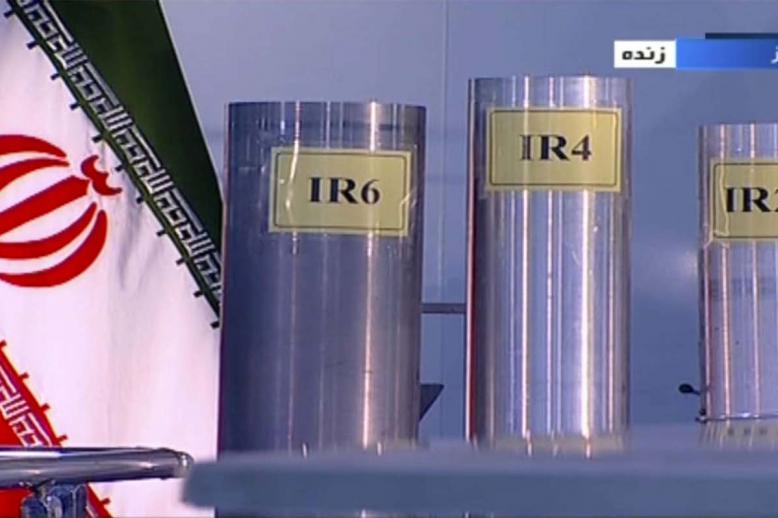Maati Monjib, from human rights to money laundering
RABAT - Maati Monjib, a historian, human rights activist, university lecturer, entrepreneur and journalist, is a man with multiple jobs, some of which have landed him with serious charges of money laundering.
With over a dozen bank accounts receiving circulating millions of dirhams from abroad and several multi-million-dirham owned properties and land, Monjib has failed to justify the source of his investments, prompting the authorities to arrest the academic pending prosecution for embezzlement and money laundering.
On October 7, the King's Prosecutor at the Rabat Court of First Instance explained the judicial process which led to the opening of a "preliminary investigation" carried out on Monjib and members of his family.
This investigation follows a referral received by the general prosecutor's office from the Financial Intelligence Processing Unit (UTRF). This body in charge of fighting the crimes of money laundering acted in accordance with article 18 of law 43-05 on money laundering.
“The Public Prosecutor's office, upon examination of the information relayed by the UTRF, can instruct the National Judicial Police Brigade (BNPJ) to carry out investigations into the source and nature of transactions and financial transfers made by the persons concerned, identify the source of the properties which have raised suspicions about their transactions, and determine their links with other criminal acts, considered as main offenses for the purposes of money laundering,”, said the statement of the Public Prosecutor.
This magistrate has also returned to the charge that was issued on December 31 to recall this process and refute the allegations Monjib’s supporters, who claim that he was “abusively arrested.”
The arrest warrant ordered against Monjib follows a preliminary investigation that lasted several weeks. Summoned several times by BNPJ investigators, the defendant used his right to remain silent each time.
He never wanted to provide an explanation for the huge transfers he received from abroad, nor the origin of the funds which enabled him to acquire three apartments and several properties despite the overwhelming evidence against him.
Indeed, Monjib, whose monthly salary does not exceed 20,000 dirhams as an academic, holds over eight bank accounts. Two of them are in the name of a company he founded named "Ibn Rochd Centre for studies and communication." These two accounts had witnessed questionable transfers which alarmed the UTRF agents. Almost five million dirhams were received from the United States, or the Netherlands, for the benefit of Ibn Rochd Centre, a public limited company which is similar to a shell company exclusively intended to receive funds from abroad for unspecified purposes.
“Monjib has never provided any invoice or other supporting document explaining the origin of these transfers,” said an employee of the accounting firm which was in charge of the accounts of the academic’s company.
“He used fraudulent practices to conceal data that could reveal the real activity of his company. He only presented invoices for his personal expenses for catering or travel,” he added.
Monjib was also careful not to justify the numerous withdrawals or transfers he made to the accounts, whether by check or by credit card. These operations were no doubt used to fund one of his personal accounts where many money transfers were recorded between early 2009 and late 2017.
He made during that period around thirty cash deposits, totalling nearly 1.7 million dirhams, around one hundred transfers for a total amount of nearly 1.9 million dirhams, in addition to about fifty cashed checks, for nearly 500,000 dirhams.
Monjib also subscribed to term deposits 16 times between the end of May 2009 and October 2015, enabling him to make substantial money.
He also involved his French wife through her two bank accounts as well as his sister Fatema in the dubious multi-million transactions.
His sister presented herself to the investigators as a simple employee in private education whereas she was also the statutory manager of the Ibn Rochd Centre. Fatema chose to remain silent when she was asked to justify the questionable transactions in her three bank accounts and how she acquired her properties which were well beyond her financial capabilities compared to her income.
Between 2011 and 2020, large deposits of funds of a total sum of three million dirhams were effectively made into Fatema’s accounts. The investigators were able to trace a good part of this money which would have been used for the acquisition of five properties, including three apartments, some of which were bought for 550,000 dirhams.
To add salt injury, Monjib’s third sister expressed her amazement at these colossal sums, because she said she was convinced that “Fatema lives in a precarious situation and that she has no source of income, apart from her work as a as an educator in a nursery and illiteracy classes that she occasionally lavishes in mosques,” said a relative of the Monjib family.
The evidence gathered by the UTRF and the BNPJ overwhelmingly justified the summons of Monjib before the Prosecutor's Office in Rabat on December 29.
But the academic chose to ignore this summons, prompting the King's Prosecutor to give instructions for his arrest before ordering his arrest.






